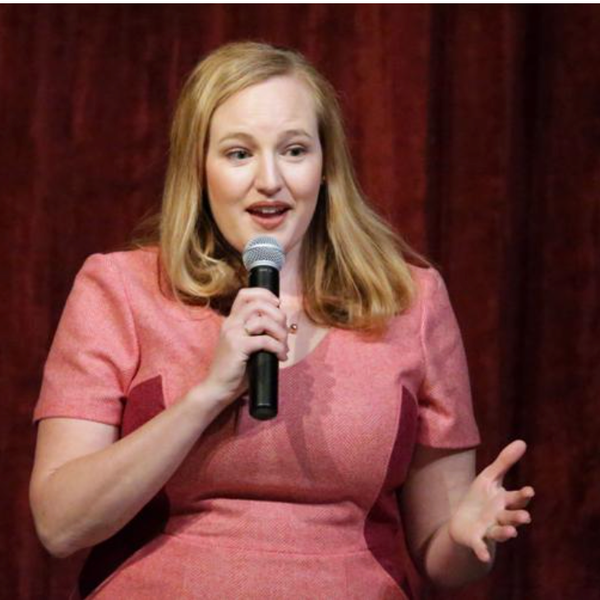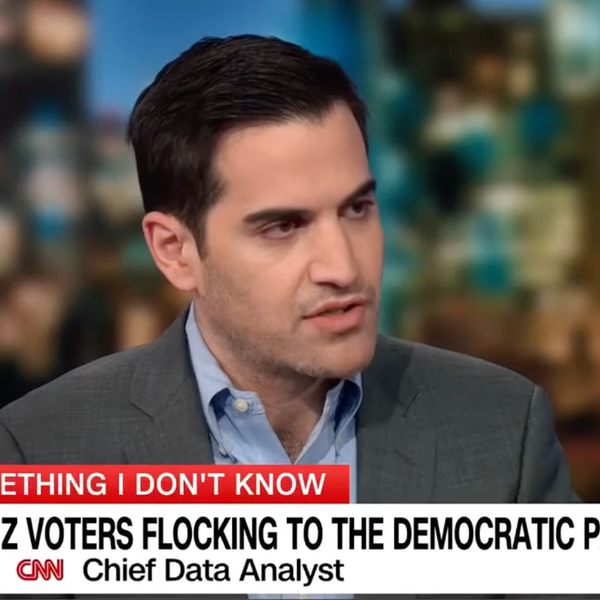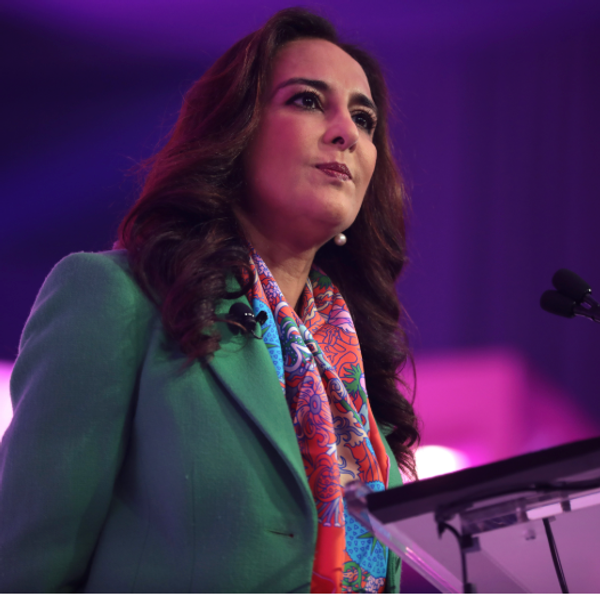
The following is an excerpt from The Self-Made Myth, a recent book by Brian Miller and Mike Lapham. Buy it here
Today we find ourselves facing the lingering effects of the Great Recession. Unemployment is still near double-digit levels. Homes are still being foreclosed upon in record numbers. Banks are still not lending. Despite the enormous challenges we face, our nation seems unable or unwilling to come together and solve the serious problems before us. Instead we are caught in an intractable battle between two opposing views for solving the economic crisis we are in, each arguing that their policy solution is more fair, morally justified, and, in the end, more effective.
We believe that a large part of why we have such differing views in the realm of economic policy is because we have such divergent views on where individual success and wealth come from. In this book we explore a deeply held belief in our society—the myth of the “self-made man,” or what we are calling the self-made myth—and we offer an alternative that we believe is more honest and complete: the built-together reality. It is our hope that by coming to a deeper understanding of the origins of individual wealth and success, we can begin to achieve greater agreement on solutions to the economic crisis we are in and point the way toward a new era of broadly shared prosperity.
Warren Buffett, the founder of Berkshire Hathaway and the second-wealthiest man in the United States, is hailed as one of the most successful stock market investors ever. Yet this does not prevent Buffett from acknowledging the role of the uniquely fertile soil of the American economic system in amassing his wealth.
At a 1996 Berkshire Hathaway annual meeting, Buffett noted that the U.S. system “provides me with enormous rewards for what I bring to this society.”
Although we referenced the following quote in the introduction, it is worth repeating here. In a television interview, Buffett stated: “I personally think that society is responsible for a very significant percentage of what I’ve earned. If you stick me down in the middle of Bangladesh or Peru or someplace, you’ll find out how much this talent is going to produce in the wrong kind of soil. I will be struggling 30 years later. I work in a market system that happens to reward what I do very well—disproportionately well.” Buffett feels he is not only fortunate to have been born in the United States but also lucky that he “came wired at birth with a talent for capital allocation.”
He bought his first stock when he was just 11 years old, from which he made a $5 profit. When his family moved to Washington, DC, from Omaha, Buffett had two paper routes, earning him $175 per month; he also had a business that made $200 per month from pinball machines and peanut vending machines. After graduating from Woodrow Wilson High School, Buffett attended the University of Pennsylvania for two years before transferring to the University of Nebraska. He later earned his master’s at Columbia Business School.
Upon graduation Buffett worked as an investment salesman in Omaha for several years before taking a job at the Graham- Newman Corporation in New York. He returned to Omaha in 1957 and began Buffett Partnership Ltd. In 1962 his partnership bought shares in a textile-manufacturing firm called Berkshire Hathaway; he eventually took control in 1965 and used the company as a means
to invest in others. Since then Berkshire Hathaway has acquired stock in such corporations as the Washington Post Company, ABC, Coca-Cola, and Gillette, and it even owns various companies, such as GEICO and FlightSafety.
His successful investing strategies, which follow a value investing philosophy, made Buffett a millionaire and eventually a billionaire. He is currently the chairman, CEO, and largest shareholder of Berkshire Hathaway.
But Buffett recognizes that while his particular skills have been and continue to be highly valued in the marketplace, the skills of other people are undervalued: If you’re a marvelous teacher, this world won’t pay a lot for it. If you are a terrific nurse, this world will not pay a lot for it . . . I do think that when you’re treated enormously well by this market system, where in effect the market system showers the ability to buy goods and services on you because of some peculiar talent—maybe your adenoids are a certain way, so you can sing and everybody will pay you enormous sums to be on television or whatever—I think society has a big claim on that.
Consequently, Buffett’s attitude toward society shapes his perspective on taxation. He has said, “If you’re in the luckiest 1 percent of humanity, you owe it to the rest of humanity to think about the other 99 percent.” Thus, Buffett is a staunch advocate for progressive taxation to “partially redress” existing inequality.
He pointed out that in 2011 his taxable income of around $46 million was taxed at only 17.4 percent, a fraction of what others pay. He believes this is unfair. In a recent interview with ABC, he detailed his feelings: “If anything, taxes for the lower and middle class and maybe even the upper middle class should even probably be cut further. But I think that people at the high end—people like myself—should be paying a lot more in taxes. We have it better than we’ve ever had it.”
Buffett is also an advocate for the estate tax. In 2007 he testified before the Senate Finance Committee about its importance: “Dynastic wealth, the enemy of a meritocracy, is on the rise. Equality of opportunity has been on the decline. A progressive and meaningful estate tax is needed to curb the movement of a democracy toward plutocracy.”
In addition to supporting policy measures that address gross inequalities of our economic system, Buffett is a well-known philanthropist.
In 2006 he announced that he would give away all of his Berkshire Hathaway stock to philanthropic foundations, with most of it going to the Bill and Melinda Gates Foundation. Then, in 2010, Buffett pledged to give away 99 percent of his wealth during his lifetime or at his death because, as he put it, “fate’s distribution of long straws is wildly capricious.”








